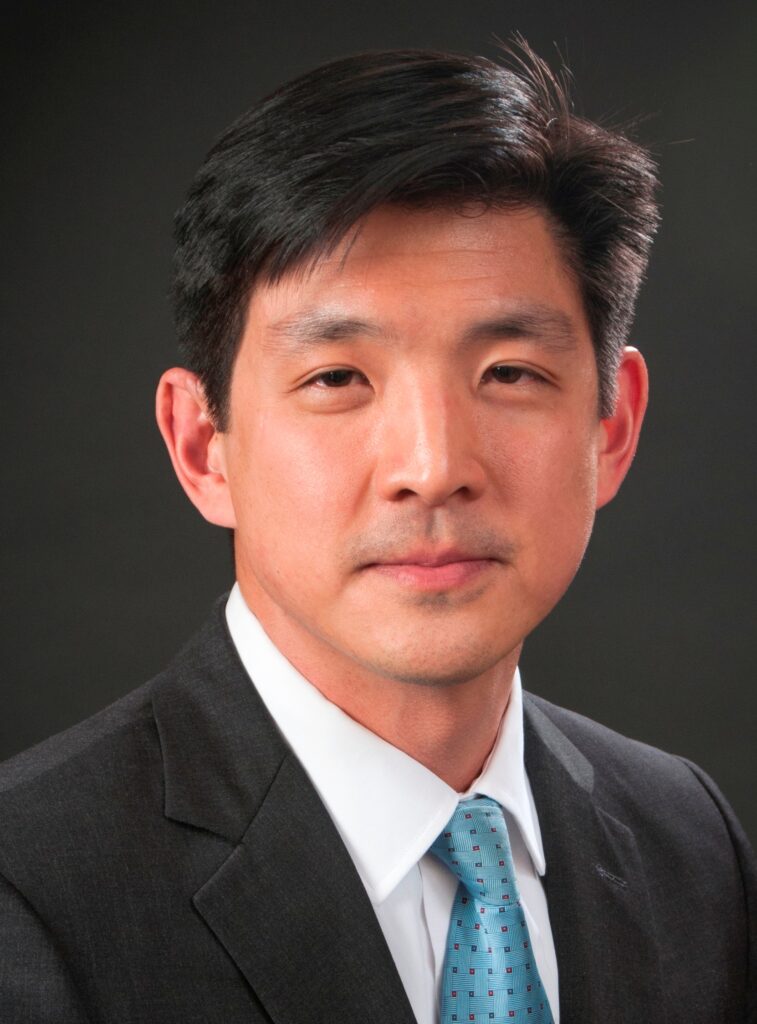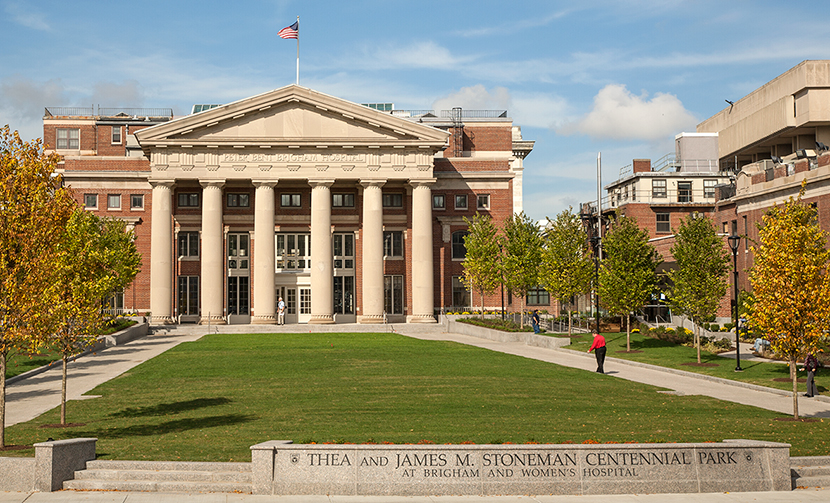Eric Sheu, MD, PhD, has been awarded a $3.3M NIH R01 grant for the study, “A microbiome-dependent bile acid metabolite improves type 2 diabetes.”
Dr. Sheu’s group has identified a bile acid metabolite, CA7S, that is generated by bariatric surgery and has anti-diabetic properties. This study’s goals are to evaluate the CA7S metabolite as a novel therapy for type 2 diabetes; uncover how CA7S production is regulated by the gut microbiome; and determine the contribution of CA7S to type 2 diabetes remission, following bariatric surgery. The study is funded by the NIH National Institute of Diabetes and Digestive and Kidney Diseases (NIDDK), whose mission is to conduct and support medical research and research training and to disseminate science-based information on diabetes and other endocrine and metabolic diseases; digestive diseases, nutritional disorders, and obesity; and kidney, urologic, and hematologic diseases, to improve people’s health and quality of life.

Eric Sheu, MD, PhD
Associate Surgeon, Division of General and Gastrointestinal Surgery, Brigham and Women’s Hospital
Associate Program Director, Advanced Minimally Invasive Surgery Fellowship, Brigham and Women’s Hospital
Assistant Professor of Surgery, Harvard Medical School
Dr. Sheu is a bariatric and minimally invasive surgeon at Brigham and Women’s Hospital, an assistant professor of surgery at Harvard Medical School and associate program director of the advanced minimally invasive surgery fellowship at the Brigham. Dr. Sheu graduated from Harvard College, obtained his doctorate in immunology as a Marshall Scholar at Oxford University and completed medical school at Harvard Medical School. He trained in general surgery at the Brigham, followed by a fellowship in advanced laparoscopy and bariatric surgery at Massachusetts General Hospital.
Dr. Sheu’s clinical practice focuses on bariatric, foregut and hernia surgery. He directs an NIH R01-funded laboratory that investigates how changes in immunology and metabolism triggered by bariatric surgery lead to resolution of type 2 diabetes. His research has been supported by numerous societies and philanthropic institutions, including the American Surgical Association (ASA), the Blavatnik Biomedical Accelerator, the Quadrangle Fund for Advancing and Seeding Translational Research (Q-FASTR) and Harvard Catalyst.
